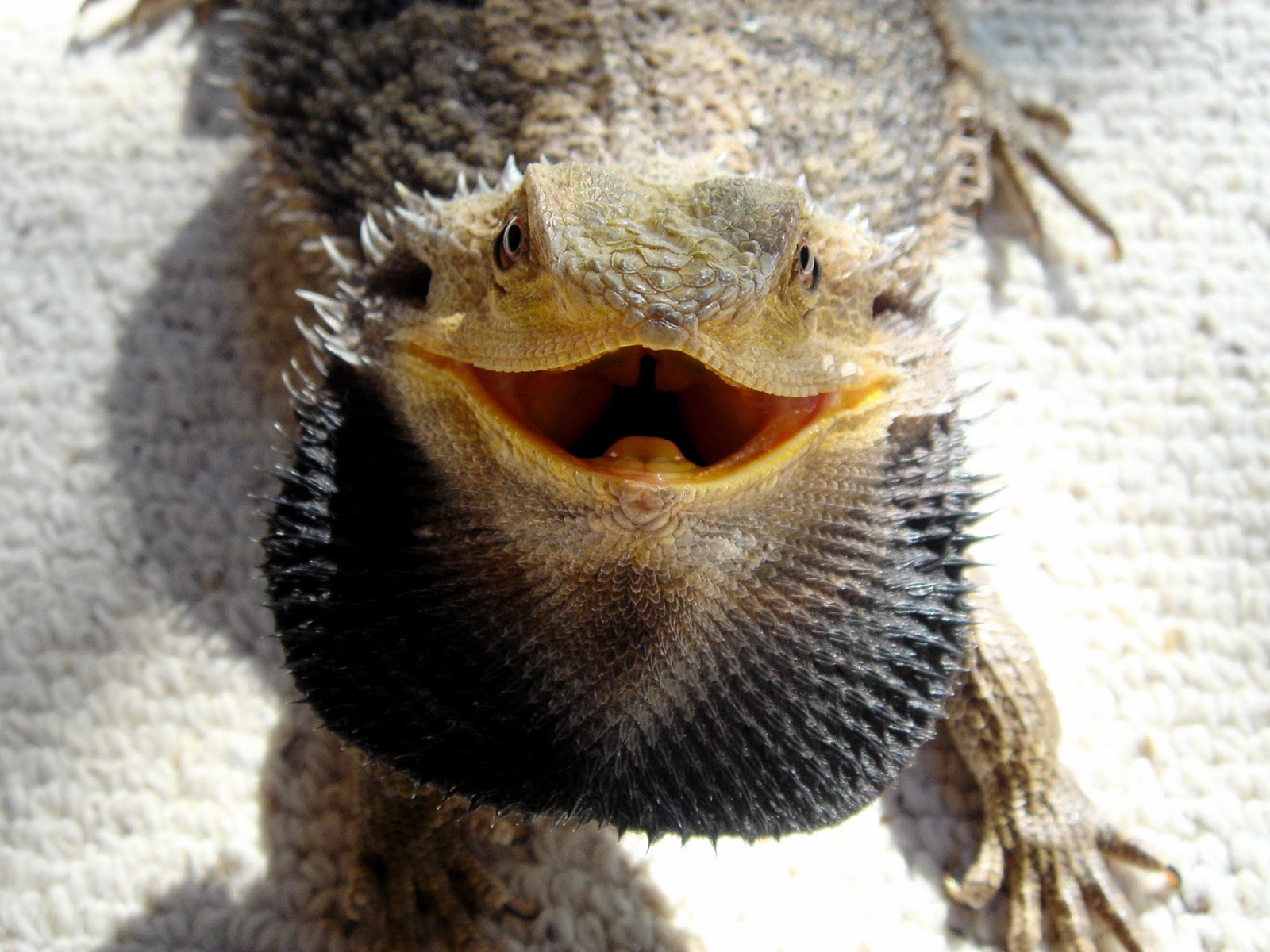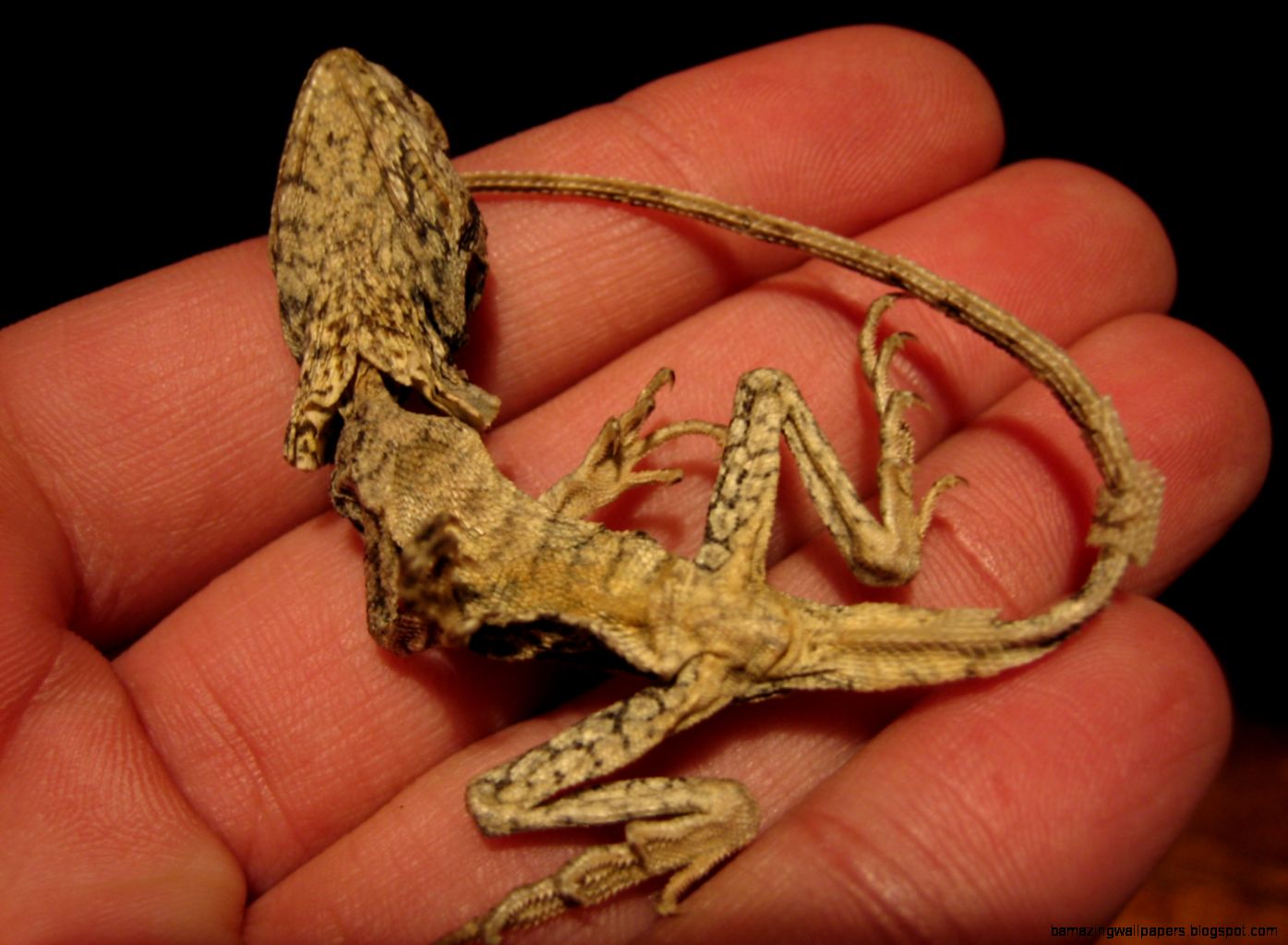Is Your Bearded Dragon Causing Allergies? Tips for Allergic Reactions to Bearded Dragons
Are You Suffering from Bearded Dragon Allergy?

Bearded dragons are adorable pets that are easy to take care of and are immensely popular. They are known for their friendly and docile nature, but sometimes they can cause allergic reactions in their owners. Allergies are caused by a reaction of your immune system to a foreign substance. In the case of bearded dragons, the allergen is usually their skin, fur or saliva.
Common symptoms of bearded dragon allergies include sneezing, coughing, wheezing, runny nose, itchy or red eyes, skin rashes or hives, and asthma attacks. If you own a bearded dragon and experience any of these symptoms, you may have an allergic reaction to your pet. Don’t worry! There are some solutions that can help reduce the chances of having an allergic reaction.
1. Keep Your Bearded Dragon Clean

It’s important to keep your bearded dragon clean to prevent allergies. Regular bathing and dusting will help remove dead skin cells and dirt from your pet’s skin. A clean and healthy bearded dragon means less risk of allergies.
2. Wash Your Hands Frequently

Make sure you wash your hands thoroughly every time you handle your bearded dragon. This will help remove any allergens that may be on their skin or fur. Avoid touching your face or mouth after touching your pet and wash your hands immediately after handling them.
3. Use Air Purifiers
Invest in an air purifier with a HEPA filter to reduce the amount of allergens in the air. These filters can trap tiny particles like pet dander, pollen, and dust. Additionally, an air purifier can help freshen the air, neutralize odors, and create a cleaner breathing space for you and your family.
4. Discuss with Your Doctor

If your allergy symptoms persist, discuss with your doctor. They may recommend you take medication or allergy shots. Antihistamines and decongestants can help reduce itching, swelling, and sneezing. Immunotherapy or allergy shots can also help reduce sensitivity to allergens over time.
5. Consider Rehoming Your Pet

In extreme cases where the allergic reaction is severe, you may have to consider rehoming your bearded dragon. It’s a difficult decision but your health and well-being should always be a top priority. It’s important to find a new home for your pet where they’ll receive the love and care they deserve.
Conclusion

Owning a bearded dragon can be a joy, but it’s crucial to understand the risks of allergies that can come with it. If you’re experiencing any symptoms, be sure to take preventative measures, such as keeping your pet clean and washing your hands frequently, to reduce exposure to allergens. If symptoms persist, consult with your physician to find the best solution to alleviate symptoms.
